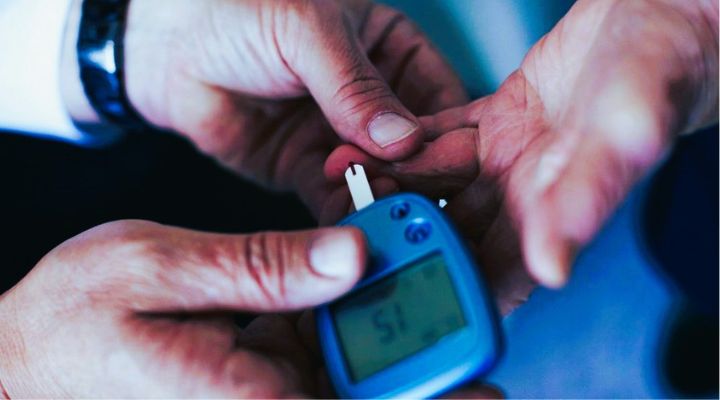To protect ourselves from the coronavirus, many of us are putting off our annual check-ups and screenings, which are often associated with cancer. It’s understandable. However, early detection is one of the best weapons against the disease.
Screening can detect cancer before symptoms appear. You too can pick up early warning signs by paying attention to changes in your body. If you notice something new or different that lasts a few weeks or lasts a few weeks, see your healthcare provider. Not all signs of cancer are cancer. Here are 17 symptoms that should prompt you to call your doctor.
Irregular periods or pelvic pain
Many women have irregular periods and they are often interrupted. However, persistent pain and changes in menstruation can be symptoms of colon, rectal or ovarian cancer.
Bathroom renovation
Significant changes in exercise may indicate colon, prostate, or bladder cancer, as well as other types of cancer. Warning signs include difficulty breathing and wheezing; dark brown or red stools; black, set; frequent urination; and blood in the urine.
swollen
We all feel overwhelmed from time to time. However, swelling that lasts more than two weeks can be a sign of ovarian cancer and many types of colon cancer.
Changes in breast milk
This includes new lumps, lumps, discharge, and discharge in the breast that did not occur before. Although most breast cancer occurs in women, it can also occur in men.
chronic cough
A cough that lasts for two weeks, especially a severe cough, may be a symptom of lung cancer.
An unpleasant pain
Headaches that last longer than two weeks and do not respond to standard medications may be caused by a brain tumor.
Difficulty swallowing
If you have a stuffy throat or trouble swallowing for more than two weeks, it could be a sign of throat, lung, or colon cancer.
Serious risks
Back injuries from bumping into a coffee table are common. However, large lesions without openings in unusual places may indicate the presence of another type of leukemia.
Diarrhea and infections are common
Disease that persists or changes from one infection to another indicates an autoimmune disease with a high probability of lymphoma or leukemia.
Language changes
Persistent sores, ulcers and spots in the mouth, especially in people who smoke and drink alcohol, can indicate different types of oral cancer.
Tire change
Changes in the appearance of birthmarks or birthmarks will be evaluated by a health professional or a video examination. Use this simple ABCDE notation to remember the different causes of stress.
Asymmetry: One side of the mole or scar is not the same as the other.
House: An open or dark wall.
Red color and color, alternating or uniform.
Width: Larger than a pencil.
Evolving molecule: Any molecule that grows, evolves, or changes over time.
It’s always painful
Chronic pain in one part of the body that has no obvious cause and does not respond to appropriate treatment needs to be evaluated.
Sitting is tiring
A sudden and persistent change in energy levels, regardless of how long you’ve slept, can be a sign of leukemia or lymphoma.
Bleeding after menstruation
There are many reasons for this, but if it persists, your doctor may want to check for cervical or colon cancer.
Abdominal pain, nausea
Chronic depression lasting more than two weeks can be a symptom of many types of cancer of the liver, pancreas or digestive system.
Skinny
The weight is different. But if left untreated, weight loss or loss of appetite can be a symptom of many types of cancer, especially metastatic cancer.
People are weird
Any non-transdermal or new ingredient should be evaluated. If your lymph nodes swell when you have a cold, but the swelling persists after you recover, you should see your doctor.



